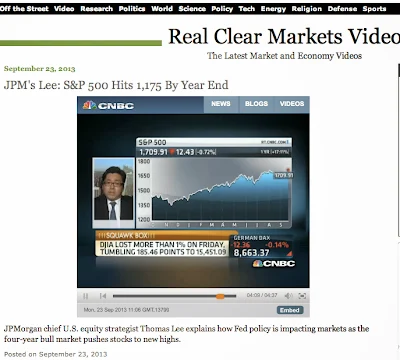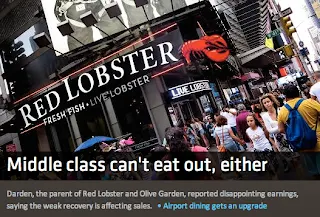Bond mutual fund prices remain expensive by historical standards despite the recent carnage, while returns have been negative. For a safe haven, cash has been the place to be over the last year, such as it is.
For example, the short duration bond index fund from Vanguard, VBISX, finished the week at 10.51, 1.05% above the high end of normal (10.40). Vanguard reports returns down -0.27% for this fund in the last year.
The intermediate duration total bond index fund from Vanguard, VBMFX, a mixture of short, intermediate and long bonds, finished the week at 10.61, 1.04% above the high end of normal (10.50). Vanguard reports returns down -2.77% for this fund in the last year.
The pure intermediate duration bond index fund from Vanguard, VBIIX, finished the week at 11.24, 2.18% above the high end of normal (11.00). Vanguard reports returns down -3.66% for this fund in the last year.
Meanwhile the long duration bond index fund from Vanguard, VBLTX, finished the week at 12.51, 4.25% above the high end of normal (12.00). Vanguard reports returns down -10.01% for this fund in the last year.
Add in the insult of all items inflation of 1.5% to these miserable returns over the last year and cash was the place to be for safety even though it is also down because of inflation (gold, by the way, has fallen, per the London Fix, from 1758.50 on September 20th, 2012 to 1349.25 on September 20th, 2013, a decline of 23.3%).
Clearly such bond funds have farther to fall before they become attractive safe havens once again.





















